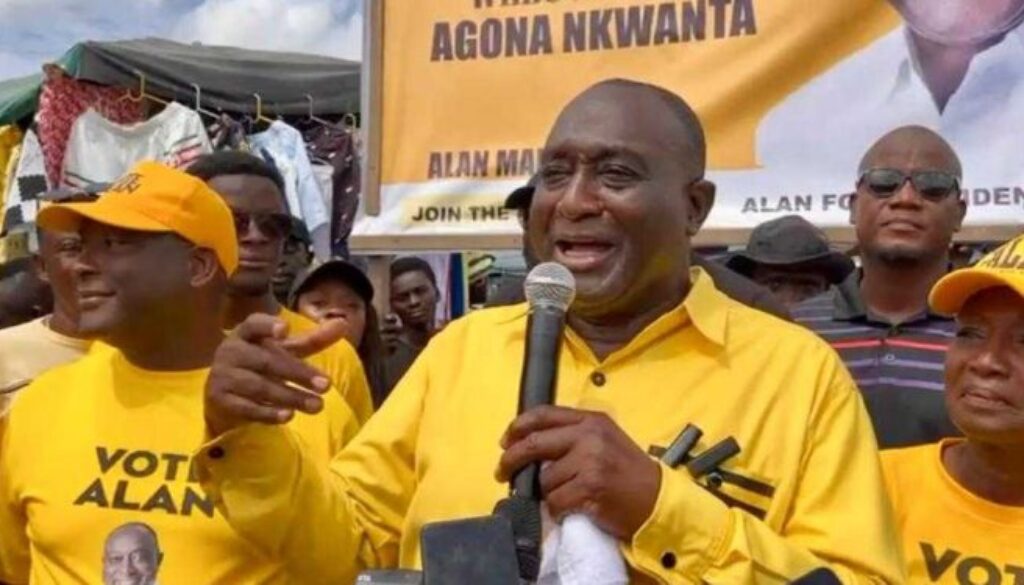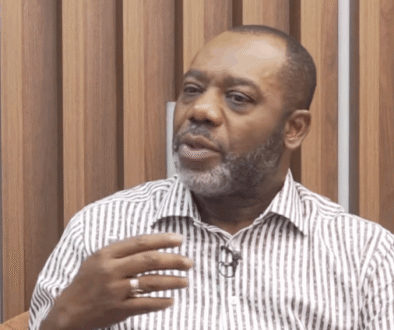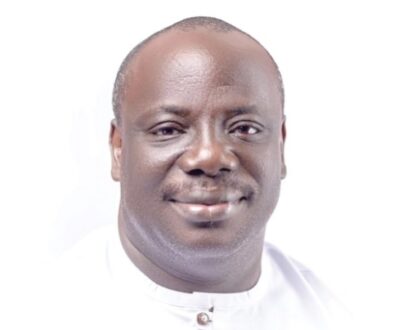Alan’s Movement for Change jumps to defense of Mahama, says no law broken in Chief Justice Torkornoo’s suspension process
The Movement for Change (MFC) has defended the constitutional legitimacy of President John Mahama’s suspension of Chief Justice Gertrude Araba Esaaba Sackey Torkornoo, stating unequivocally that no laws have been breached in the ongoing process to review petitions for her removal.
In a statement released on Monday, the political movement said the President’s actions align fully with the 1992 Constitution, particularly Article 146, which governs the removal of superior court justices.
“The 1992 Constitution is the bedrock of our democracy,” the MFC said. “The President’s action, taken on the advice of the Council of State and following a prima facie determination, adheres to the procedural framework outlined in Article 146.”



Araba Esaaba Sackey Torkornoo & Prez John Mahama Alan Kwadwo Kyerematen
The Movement described the current proceedings as a textbook application of due process, highlighting that the Chief Justice has been given the opportunity to respond to the allegations — a crucial component of fairness under the law.
“The President, having set up a five-member committee to look into the petition and subsequently suspending the Chief Justice are steps… well grounded in the constitution of Ghana, which is the soul of the nation,” the statement read.
The Movement for Change also called on the investigative committee to conduct its work with fairness and impartiality, warning that politicisation of the matter by parties such as the New Patriotic Party (NPP) and the National Democratic Congress (NDC) could damage the credibility of the outcome and undermine Ghana’s democratic principles.
MFC further argued that defending the rule of law means allowing legal procedures to unfold without interference, even when high-ranking officials are involved.
“No one is above the law—not the President, not the Speaker of Parliament, nor the Chief Justice,” it emphasised. “Accountability is the cornerstone of our democracy, and it must apply equally to all, regardless of status or office.”
The group acknowledged public concerns about transparency but noted that the Constitution currently does not mandate open hearings or disclosures in such proceedings. As a result, it has called on the Constitutional Review Committee to consider reforms that would increase openness in the future removal processes for public officials.
As the committee begins its work, the MFC has appealed to the public to remain calm, trust the constitutional process, and resist any attempts to derail the investigation through political agitation or legal misrepresentation.
The statement reminded all that Ghana’s democracy depends not only on elections but on the consistent, fair application of laws to all citizens — including those at the highest levels of government.






